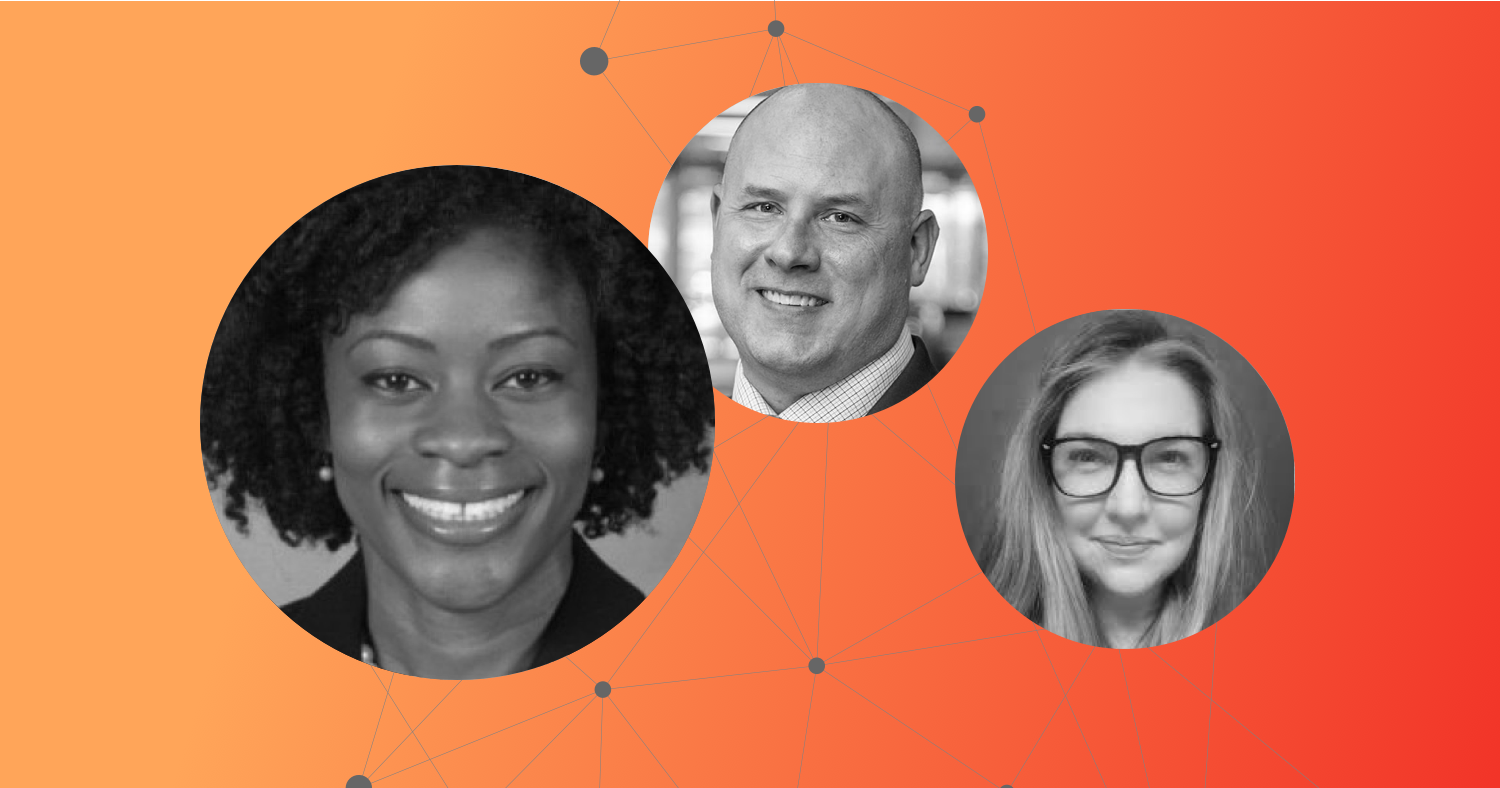Our recent webinar, The Shift From Reading Workshop to Research-Aligned Curriculum, was the most popular #CurriculumMatters event yet. We weren’t surprised… in fact, we held this webinar by popular demand! After recent acknowledgements of flaws with Reading Workshop by its author Lucy Calkins, a number of schools appear to be considering a change.
Accordingly, questions from our webinar attendees followed a pattern: requests for advice on how to make the case for changing curriculum. We happily shared our best advice in the webinar.
Here, we want to expand a few points, based on our experience with schools making the shift.
Teachers might be less wedded to Reading Workshop than you think.
In Aldine ISD, district leaders worried that teachers might resist a new curriculum. Yet, surprisingly, most of them didn’t push back when district leaders introduced new materials. In fact, when Matt announced that the new CKLA curriculum incorporated daily, systematic phonics, some actually applauded!
Aldine saw most of the reluctance at the district leader level. A few of Matt’s ELA and Spanish Language Arts colleagues were strong Reading Workshop devotees and they chose to opt for new roles when the curriculum change was announced. In the end, these transitions left Aldine with a team very committed to the new direction.
When teachers were hesitant about the change, their primary concern was maintaining choice and voice in reading. By showing teachers that Aldine’s new materials, CKLA and Wit and Wisdom, both actively promote student discourse – even including Socratic Seminars! – and by reassuring teachers that independent reading would still enable choice, the concerns diminished.
Hamilton County Schools had a similar experience. District leaders decided to introduce the new curriculum to a small group of schools before the district wide adoption and pilot teachers quickly embraced the change. They had long realized something was missing – and that the new materials provided more resources and support than they had enjoyed in the past. Teachers went from creating everything from scratch to learning how to deeply build on a foundation of strong resources.
In fact, teachers chose EL Education in Hamilton County Schools, based on the pilot! They recognized that this curriculum is a heavy lift when it comes to implementation. Still, they overwhelmingly opted for the success of their students, even if it meant learning something new and different. The choice became obvious when they saw what the students could do with the new materials!
Generally, fears of teacher resistance to a change may be overblown – or overcome as part of a good adoption process.
Disaggregate your data to see essential gaps.
Kristen McQuillan’s advice to districts with the appearance of “strong” literacy performance was succinct: “disaggregate your data.” In an affluent district, where parents can afford the costs of tutors for struggling readers, overall outcomes can look quite good – yet outcomes for subgroups tell a different story.
She followed up in Twitter with the perfect case study:
It’s not a surprise to see significantly lower proficiency outcomes for English Learners and economically disadvantaged students in this school; Reading Workshop received poor reviews from literacy experts for its ELL supports and its ability to help build background knowledge necessary for reading comprehension.
Proof of such shortcomings can be found in the disaggregated outcomes, which can be immensely helpful in making a case for change.
In our experience, you can trust the process.
The mantra in our PLN is “Trust the process.” It has become one of the emblems of high-quality curriculum work, because across our network, we have each seen teachers turn from curriculum skeptics to curriculum fans once they’ve actually had a chance to use excellent materials, supported by strong PD.
The mantra works for transitioning away from Reading Workshop, too. When teachers make the shift to high-quality curricula, they say what we hear elsewhere about that process:
- When lessons are centered around excellent, engaging (often beloved) whole texts, teachers become excited about how the students respond.
- When writing activities are connected to the reading, it’s actually a lot easier for students to write effectively. Teachers see this firsthand once students begin writing from more text-centered writing prompts.
- Below-benchmark students grow more quickly, and participate more, when they are working with the same challenging texts as peers. Naturally, teachers respond to that!
- Literacy instruction is stronger when it supports the acquisition of background knowledge. Teachers see how much the background knowledge and newly-acquired vocabulary impacts reading comprehension.
We’ll close with a quote from one of Yvette’s teachers, because it drives home the point. Just months into work with a new curriculum, teachers really do talk like this:
“This year my students have had conversations around texts (both fiction & non-fiction) like I’ve never experienced. This curriculum seamlessly integrates vocabulary, conversation protocols, research skills, and provides background knowledge which are all essential for student success and keeping students engaged in their learning. My students have much better comprehension skills, as well as their speaking and listening skills. I have never seen a curriculum hit the speaking and listening standards so hard! The assessment with this curriculum is built in, ongoing and purposeful. We are able to tell quickly what parts need to be retaught or reviewed, and where to go next with our teaching.”
Change is never easy, but our move away from Reading Workshop was both easier and more rewarding than we could have imagined. May our experiences reassure school and district leaders following in our footsteps!

